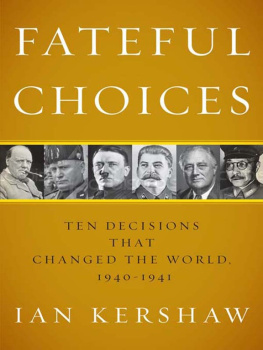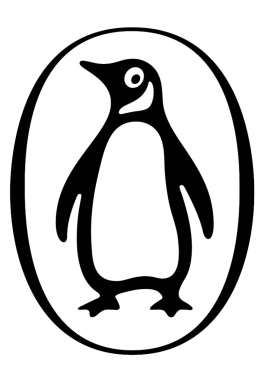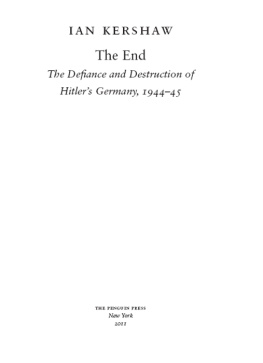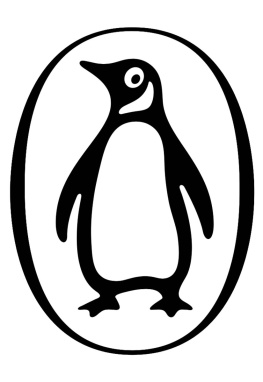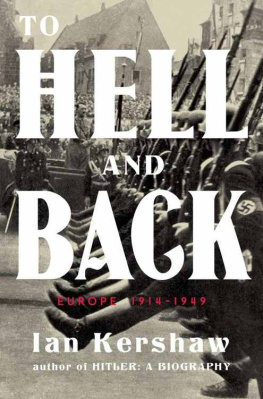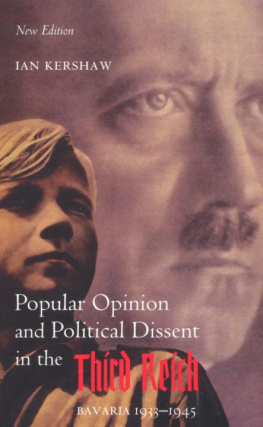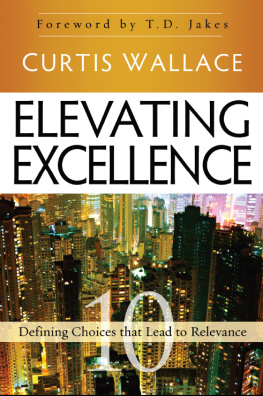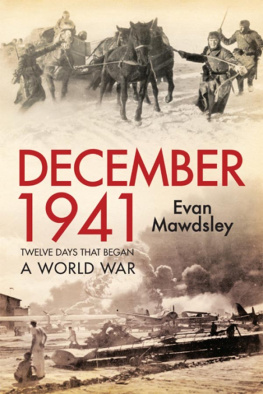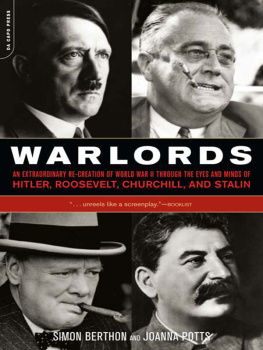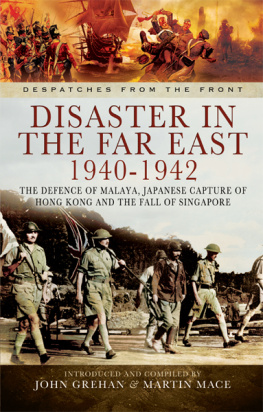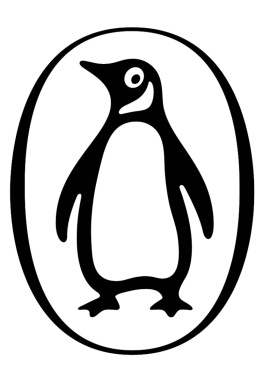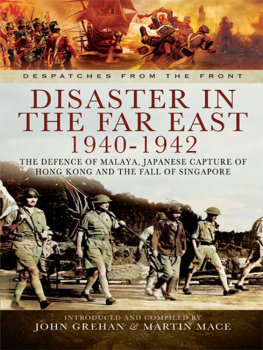Ian Kershaw studied at Liverpool and Oxford universities. He has taught at the University of Manchester, at the Ruhr University in Bochum, West Germany, at the University of Nottingham and since 1989 has been professor of modern history at the University of Sheffield. He is the author, most recently, of Making Friends with Hitler, which won the Elizabeth Longford Prize for Historical Biography, and the definitive two-volume biography of Hitler Hitler 18891936: Hubris and Hitler 19361945: Nemesis. The first volume was shortlisted for the Whitbread Biography Award and the Samuel Johnson Prize for Nonfiction, and the second volume won the Wolfson Literary Award for History and the inaugural British Academy Prize.
Acknowledgements
A chance conversation in our kitchen gave me the idea for this book. Laurence Rees had come up to Manchester to discuss with me the concept for what would become the television series Auschwitz. The Nazis and the Final Solution the third series on which we had collaborated. While we were waiting for the kettle to boil, Laurence happened to mention that, were he a historian, he would want to write a book about the year 1941in his view, the most momentous year in modern history. The thought stuck. But it was obvious that the crucial events of 1941most obviously the German invasion of the Soviet Union (which triggered the rapid descent into full-scale genocide against the Jews), the Japanese attack on Pearl Harbor and the entry of the United States into the European warwere the logical consequence of a number of vital decisions that had flowed from Hitlers astonishing triumph in western Europe in spring 1940. A study of the interlocking key decisions by the leaders of the major powers during those extraordinary months between May 1940 and December 1941 started to take embryonic shape in my mind. So my first warm thanks are owing to Laurence for the initial impulse to undertake this book.
As usual, numerous other debts of gratitude have been incurred along the way and my brief acknowledgement here can only offer a cursory expression of my thanks. It is right, however, to single out the Leverhulme Foundation, for whose generosity I am once more deeply grateful. Much of the book was written during the final year of a wonderfully generous award which freed me from university commitments.
Finding my way through the less familiar territory that I had to traverse in the research and writing was greatly eased through being able to call upon the expertise of colleagues. I am extremely grateful to David Reynolds, who made very helpful comments on the typescript and shared with me some of his profound knowledge of Churchill and of British relations with the United States. Patrick Higgins kindly let me see his unpublished paper on R. A. Butler, and offered valuable comments on the May crisis of 1940. MacGregor Knox, beyond his own superb work on Fascist Italy, not only answered some detailed queries about the Italian armed forces but also, most generously, made available photocopies of the unpublished Roatta letter-diaries. The late Derek Watson (especially), Robert Davies, Robert Service, Moshe Lewin and, in Moscow, Sergei Slutsch were of enormous help on Stalin and the Soviet Union. Patrick Renshaw, Richard Carwardine and Hugh Wilford answered queries about the workings of the Roosevelt administration. In Tokyo Maurice Jenkins and Ms Owako Iwama were extraordinarily helpful in locating materials I required. I also received useful advice from Ken Ishida and, closer to home, Sue Townsend and Gordon Daniels. On more familiar terrain, Otto Dov Kulka in Jerusalem offered, as always, valuable reflections on the harrowing subject of the Nazi onslaught on the Jews. I profited, too, from a discussion about the emergence of the final solution with douard Husson, a younger French historian of Nazi Germany, whose fine work will surely soon become more widely known. I also benefited greatly from discussions, during a stay in Freiburg, with Gerhard Schreiber, Jrgen Frster and Manfred Kehrig. To all these colleagues and friends I offer my sincere thanks. Naturally, they have no responsibility for any errors or flaws in what I have written.
Part of Chapter 2 appeared as a contribution to Jeremy Noakes Festschrift ( Nazism, War and Genocide , Exeter, 2005), and I am grateful to the editor, Neil Gregor, and the University of Exeter Press for their agreement to its inclusion here.
Lack of linguistic competence was a severe shortcoming and enormous frustration in researching the chapters on the Soviet Union, Japan and, to some extent, also Italy (where Latin and French helped with the gist, but not with a refined understanding). So I am extremely grateful to my good friend Constantine Brancovan (under great pressure of time) and to Christopher Joyce, who willingly and ably stepped in to help, for translating important documents from Russian for me; to Darren Ashmore for providing translations of some works in Japanese; and to Anna Ferrarese for speedily translating some Italian material I needed.
The staff of Sheffield University Library, and especially of the Inter-Library Loans section, who had to labour under my numerous requests, offered, as always, extremely friendly as well as efficient help. I also encountered only the best possible service at the Public Record Office (now renamed the National Archives), the British Library and the London School of Economics Library, the Churchill Centre in Cambridge, the Borthwick Institute in York, Birmingham University Library, the Politisches Archiv des Auswrtigen Amtes in Berlin, the Bundesarchiv/Militrarchiv in Freiburg and the Institut fr Zeitgeschichte in Munich.
I would like to thank my colleagues, academic and secretarial, in the excellent Department of History at the University of Sheffield for their continued collegial support. Quite especially, it is a great pleasure to express my gratitude once more to Beverley Eaton, my long-standing (and long-suffering) Personal Assistant, who helped greatly in locating obscure and arcane works as well as dealing, with legendary courtesy and efficiency (if not always legendary patience), with an array of matters which would otherwise have proved most time-consuming. In addition, and a very big help, she took it upon herself to compile the List of Works Cited for me.
I would also like once more to thank my agent, the remarkable Andrew Wylie, for his constant and invaluable help and advice, and the wonderful team at Penguin, both in London and in New York, who make publishing under this particular imprint something special. I am grateful to Cecilia Mackay for her work in locating the illustrations. And my editors, Simon Winder in London and, in New York, Scott Moyers, stand proxy for all those involved in the publication process, but deserve especial thanks for both their constant encouragement and for their sharp, vigilant criticism.
Finally, as always, the last thanks go to my family. Without them, writing books on history would give me no satisfaction at all. So my deepest thanksas well as my love, of coursego to Betty, to David, Katie, Joe and Ella, and to Stephen, Becky and Sophie for all that they have done and continue to do to help in my work but, above all, for giving me a constant reminder of a proper sense of priorities.
Ian Kershaw
Manchester/Sheffield, November 2006

